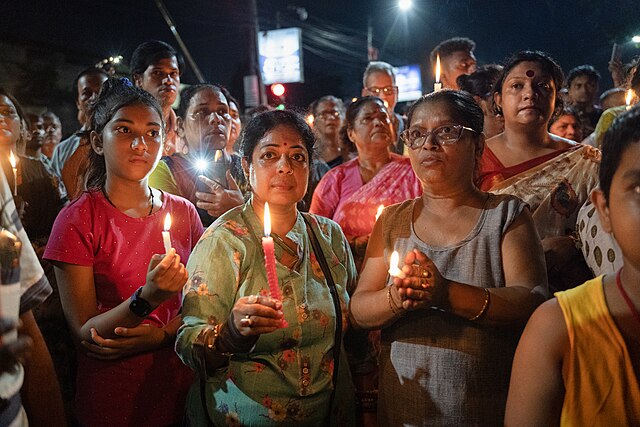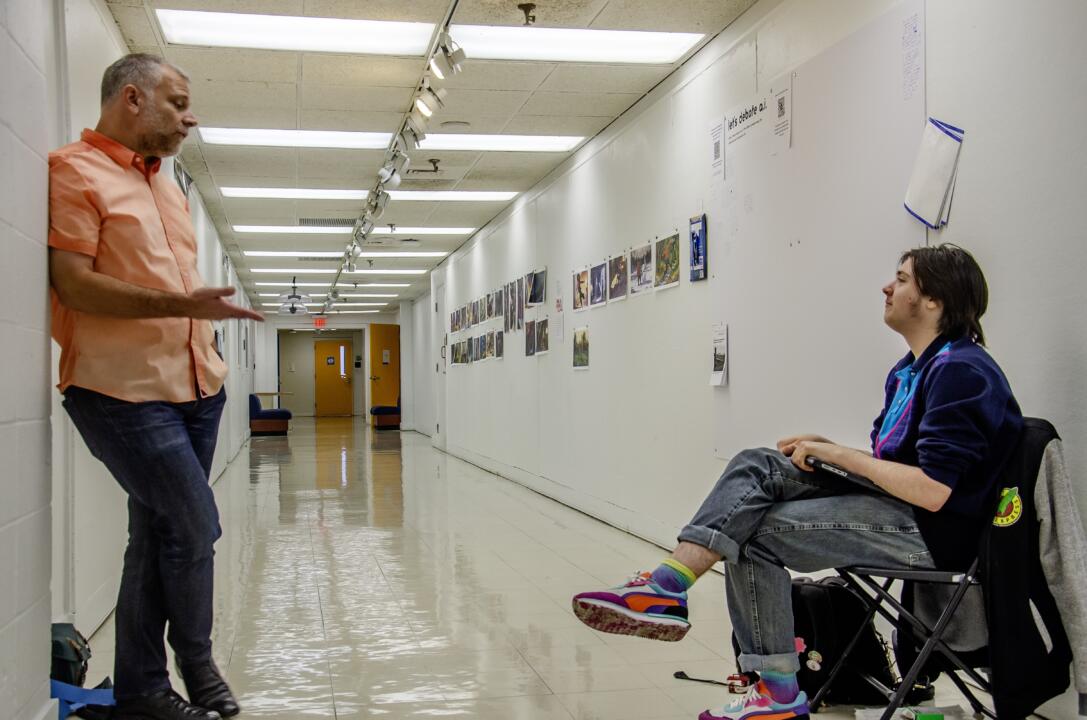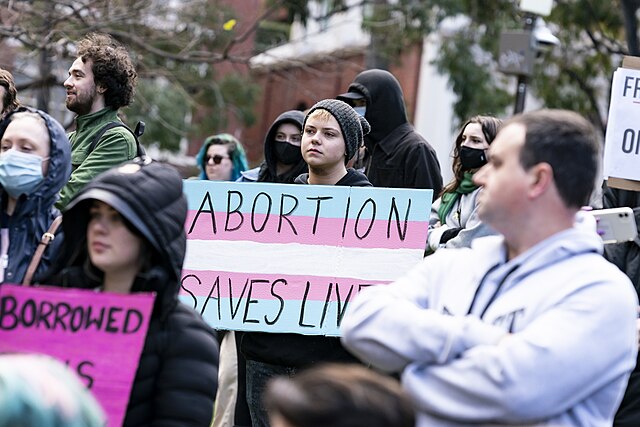Trigger Warning: This article contains graphic depictions of sexual assault and violence committed against Women. If you or someone you know has faced sexual misconduct, please contact UMBC police at (410) 455 – 5555, or fill out an online report/referral at the Office of Equity and Civil Rights at https://ecr.umbc.edu/gender-discrimination-sexual-misconduct/
In the state of West Bengal, women of Kolkata have been out on the streets demanding justice for the rape and murder of a female doctor. On August 9th, around 9:30 a.m. IST, the body of a 31-year old postgraduate trainee doctor, was found semi-naked in the RG Kar Medical College and Hospital with eyes, mouth and genitals bleeding, about 150 grams of semen inside her, forceful penetration, and several broken limbs. There were multiple bruises and scratches all over her body, and evidence of smothering and throttling. She had just finished a 36 hour shift, and was in deep sleep in a seminar room on the fourth floor of the building when the incident took place.
Initially, her death was waved off as a suicide, and she was labeled ‘mentally unstable’ by the Dean of the college, Sandip Ghosh. Sanjay Roy, a civic volunteer for the Kolkata police, was arrested on August 10th on the basis of CCTV footage. He entered the college before the time of death and exited a couple hours later. However, what caused the state to fall into chaos is his connection to the chief minister of West Bengal, Mamata Banerjee.
In 2012, a statement by Ms. Mamata Banerjee sparked a protest amongst civilians in West Bengal. She said, “Rape cases are on the rise because boys and girls interact more freely now. Earlier, if men and women held hands, they would be caught and reprimanded by parents, but now everything is so open. It’s like an open market with open options.” After the doctor’s death, Ms. Banerjee proclaimed that the woman was characterless because she was already pregnant. She also said that men want to have fun, and it is not a big deal. Losing faith in the government, many demanded that she step down.
As a response to save her reputation, Ms. Banerjee introduced the Aparajitha bill which demands death penalty for rape cases. However, a lot of citizens feel like it is too little too late. Aparajitha bill has only been implemented in Kolkata, while the rest of India is still dealing with the reality of rapists walking free. And this change has been brought upon after 75 years of India’s independence.
The trainee doctor was nine years old when she would’ve read in the newspaper that eleven men raped a pregnant Muslim woman in Gujrat in 2002. She was nineteen years when she would’ve found out about a female physiotherapist was raped by six men in Delhi on a bus in 2012. She was twenty-six years old when she would’ve seen news about a veterinary doctor who was raped by four men and burned alive in Hyderabad in 2019. All through the years, she would’ve prayed that she isn’t next. She was thirty-one years old when her life slipped away in the college that she attends. She was resting in peace when two women that went to protest for her justice were raped on the way back home.
The concerning issue is that the Indian government has not taken any measures to punish the guilty since 2002. “The government hasn’t worked for a while now,” an anonymous source shared to The Retriever. “It is frustrating that the society blames the victim by asking the everlasting question ‘What was she wearing?’ And what’s more frustrating is that the government backs it up.” The anonymous source continued to express their voice by stating that three year old children were raped; 15 year old teenagers were raped; 30 year old adults were raped; eighty year old grandmothers were also raped.
According to the 2018 report, one rape case is reported every 15 minutes. This amounts to an approximate of 96 rape cases a day. Additionally, hundreds of sexual assaults go unreported, especially when the assaulter is family. So the question here is not: what was she wearing?, it is: why isn’t the government reacting?.
The government in India has not been able to be successful because it has always had issues with policy effectiveness and corruption for a while now. Sandip Ghosh, the Dean of RG Kar College and Hospital at the time of the rape in Kolkata, was fired for not implementing proper security measures. However, within hours, he was appointed as the principal of Calcutta National Medical College. Later on he was arrested because there was evidence of corruption from his side.
While the government is responsible for preventing rapes, the public is just as responsible. “I genuinely think that India needs to rethink their decisions based on this situation, and then do something about it,” an anonymous source said. “Teach young boys to respect women, and don’t say that it’s bound to happen because of the way women dress nowadays.” Historically, Indian women did not wear blouses with their sarees. They draped a singular cloth around their body. In the present day, women can be wearing a saree, a churidar (a traditional Indian outfit), jeans and shirt, and they’ll still be at the risk of being assaulted. As Mahatma Gandhi once said, “The day a woman can walk freely on the roads at night, that day we can say that India has achieved independence.”
‘75 years of independence for whom?’ is a question that has been resonating in every Indian’s mind. The Indian government is trapping women into cages, and freeing men who have committed crimes. Section 375 of IPC states “non-consensual sexual intercourse by a man with his wife, if she is over 15 years, does not amount to rape.” India is considered to be one of the fastest developing countries. However, it still is a country where most men consider their rights to be prioritized over women’s rights. As long as laws like Section 375 exist, independence will remain elusive for many women in India. ‘Happy independence day to men and men only’ has been echoing through the streets in India.
The tragic death of the doctor in Kolkata joins India’s long history of sexual violence in accentuating India’s systemic failures. Despite legislative measures like the Aparajitha Bill, India’s society is afflicted by it’s victim-blaming culture, the government’s slow response, and the continued sheltering of perpetrators. The Indian government has yet to prioritize women’s safety and respect their dignity. Until the government steps up to create a secure environment, independence will remain an unfulfilled promise.
Hasitha Bhandaru is a sophomore Information Systems major and an Opinions Staff Writer for The Retriever.
Contact Hasitha Bhandaru at h177@umbc.edu



